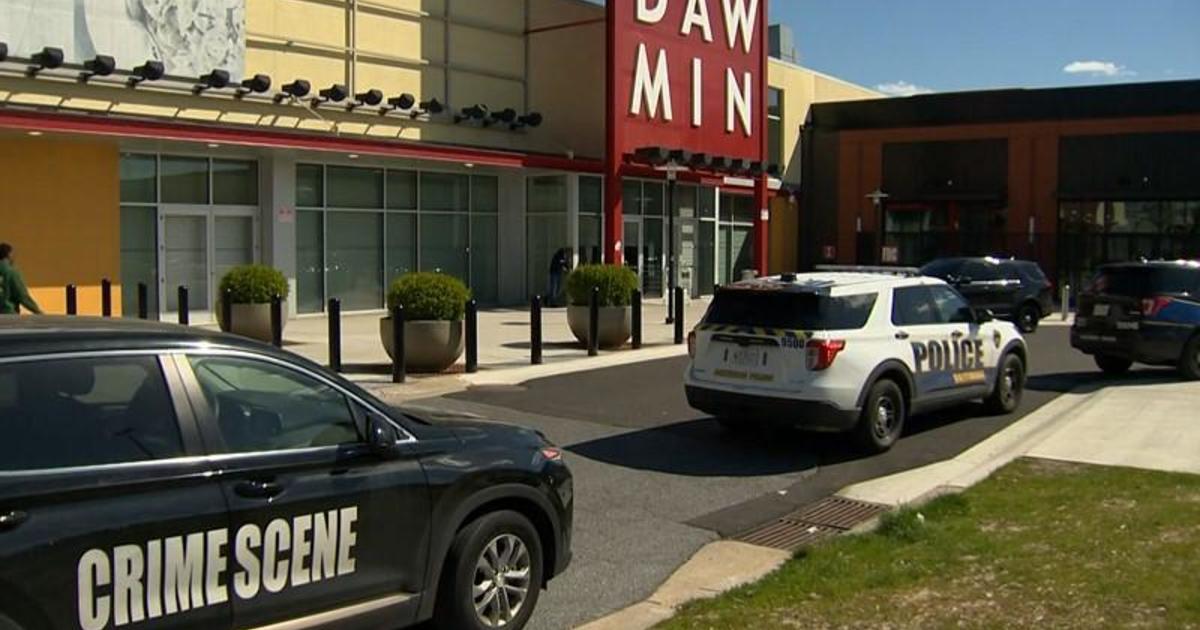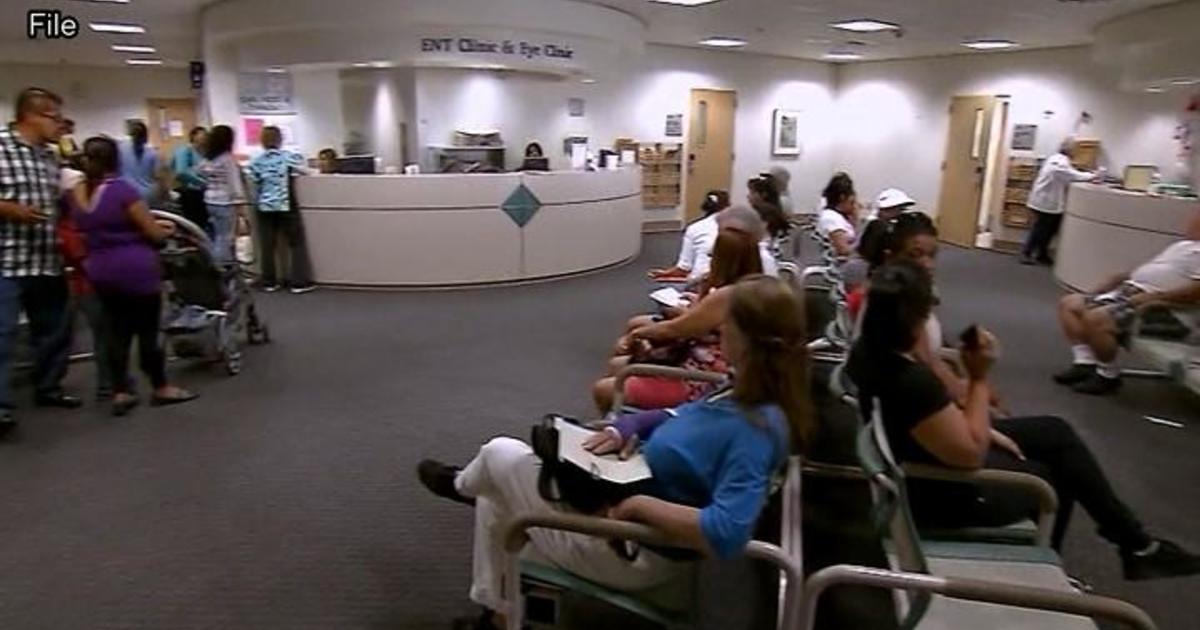Maryland Hospitality Industry Members Discuss Successes & Shortcomings Of Pandemic Relief Programs
ANNAPOLIS, Md. (WJZ) -- Maryland Comptroller Peter Franchot and other state officials heard from members of Maryland's restaurant, craft beverage, and hotel industries about how pandemic relief programs worked for them on Tuesday.
The group discussed the successes and shortcomings of the relief during a Comptroller's Workgroup on Pandemic Spending meeting.
Over the last year, the workgroup has been hearing from state agencies and community organizations about the successes, failures, and difficulties of pandemic-related programs. It is reviewing how the funds have been expended, whether those funds went to people who were supposed to get it and needed it most, disparities in distribution, and if there was fraud.
"The legislature asked me to do a top to bottom review, where did it go? did it help the people it should have, did it get sent to criminals out of state," Franchot said.
Julie Verratti, the co-founder of Silver Spring-based Denizens Brewing Company, said the federal and state funding distributed during the pandemic helped many businesses in the craft beverage industry stay afloat.
But she pointed out that some of the funding was delivered very slowly and the process of applying was complicated.
"The amount of time and effort it took to apply for each one of those grants for the $5000 in return, it would've been a much better program if it was just one grant," Verratti said.
Restaurant Association of Maryland President and CEO Marshall Weston Jr. said the relief funding also helped many restaurants stay afloat.
"There were projections that up to 40% of all restaurants could close permanently," said Weston. "The financial and regulatory assistance provided by the state and local jurisdictions played a role in keeping restaurants open."
Weston said that his association estimates that about 15% of Maryland restaurants closed during the pandemic.
But he said that the uneven rollout of the grants and loans throughout different jurisdictions was a problem.
"Some jurisdictions had checks in owners' hands within days," he said. "Others had a cumbersome bureaucratic process that delayed grant payments with lack of communication."
Weston also noted that challenges remain for the industry. He said restaurants are seeing fewer diners than before the pandemic and noted that some smaller eateries are being bought up by larger groups.
"I think an overall campaign of just reinforcing how important restaurants are to every neighborhood and community and encouraging people to support them would go a long way," Weston said.
Jeff Brainard, the vice president of hospitality and sales with Southern Management Companies' Hotel Division, noted in his presentation to the group that hotels were some of the most restricted and impacted businesses throughout the pandemic.
He said that people had to cancel many of the planned meetings and events at hotels throughout much of 2020 and 2021 because of restrictions. Brainard said that limited the ability of hotels to re-hire critical team members.
Looking ahead to help hotels now, Brainard suggested incentivizing meetings and events along with business travel to try to help bring back those customers.



